14 Things Our Grandparents Did That Modern Parents Avoid
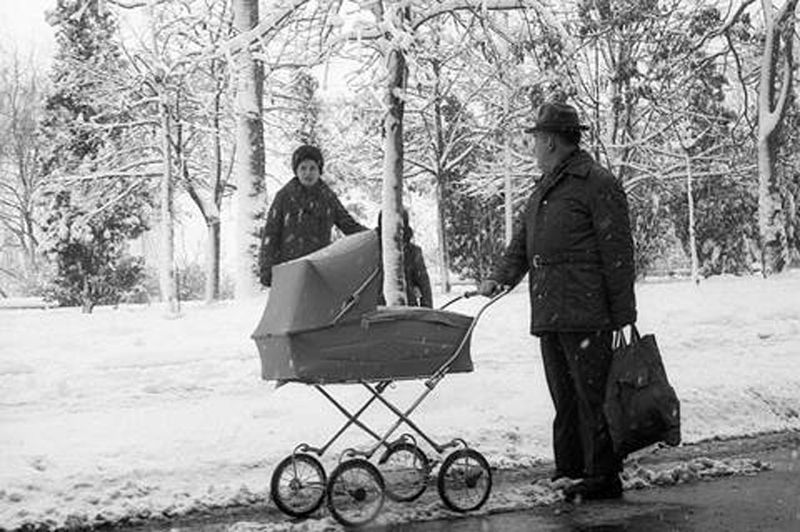
Parenting approaches have evolved over the decades, with many modern parents choosing to diverge from the methods once employed by our grandparents. From allowing more independence to embracing stricter boundaries, the differences are vast and intriguing. This blog post explores 14 unique practices of our grandparents that today’s parents often avoid, reflecting a shift in societal norms and child-rearing philosophies.
1. Letting Kids Roam Free
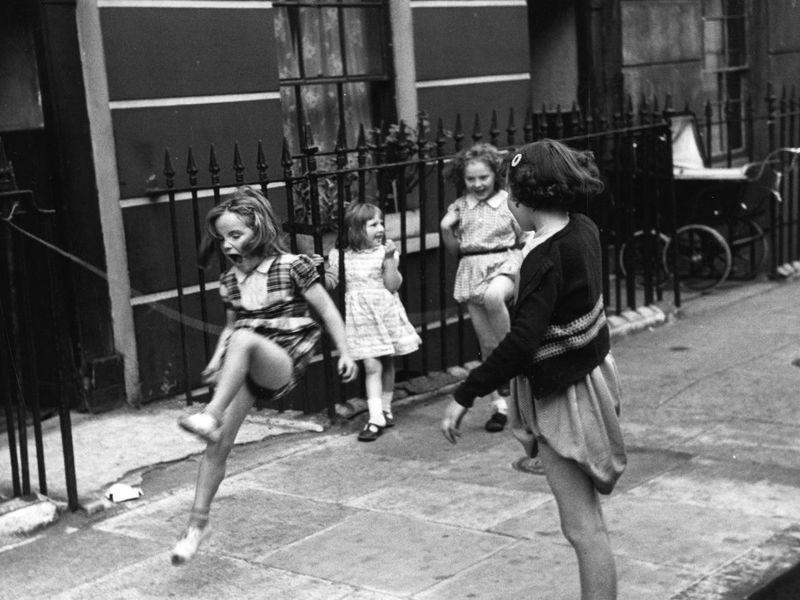
In the past, children were often allowed to explore their neighborhoods freely without constant supervision. Streets became playgrounds, and adventure lingered around every corner. Today, with growing concerns about safety, many parents prefer structured play environments.
This shift has led to a more cautious approach to parenting, focusing on security over unfettered exploration. While the freedom of yesteryears is fondly remembered, modern urban landscapes have transformed, demanding vigilance that our grandparents may not have deemed necessary. This change reflects broader societal evolutions in understanding child safety and developmental needs.
2. Using Physical Discipline
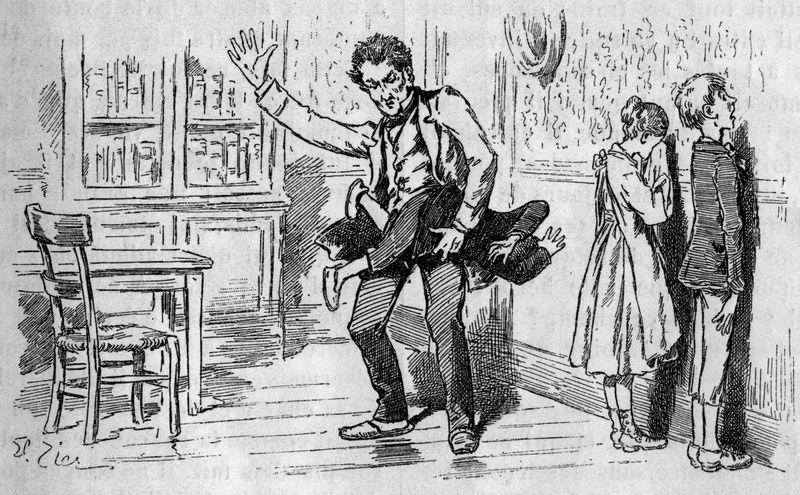
Physical discipline, like spanking, was once a common method for correcting behavior. It was considered effective for instilling respect and obedience. However, modern parenting tends to avoid physical punishment, favoring positive reinforcement and communication. Research highlighting the potential psychological harm of such discipline has fueled this shift.
Today, the focus is on understanding emotions and guiding behavior through empathy. This evolution mirrors a broader cultural shift toward respecting children’s autonomy and mental well-being, marking a significant departure from the past’s more authoritative approaches.
3. Minimal Supervision in Play
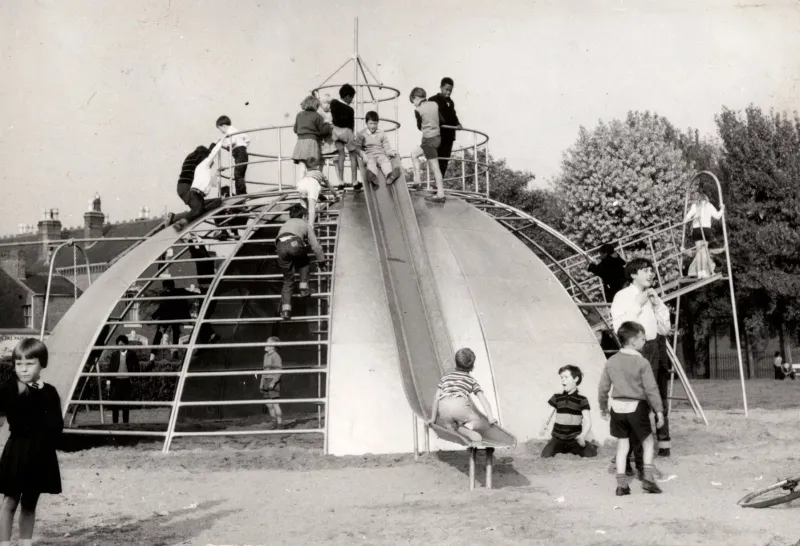
Our grandparents often allowed children to play with little to no supervision in parks or playgrounds. This independence fostered creativity and problem-solving skills. Nowadays, parental oversight is prevalent, driven by concerns about safety and societal expectations. Structured activities and planned playdates have replaced spontaneous play.
This transformation reflects an increased awareness of potential hazards and a desire to protect children from harm. While the benefits of unsupervised play are recognized, the modern emphasis on safety prevails, illustrating how parenting priorities have changed over the years.
4. Large Family Gatherings
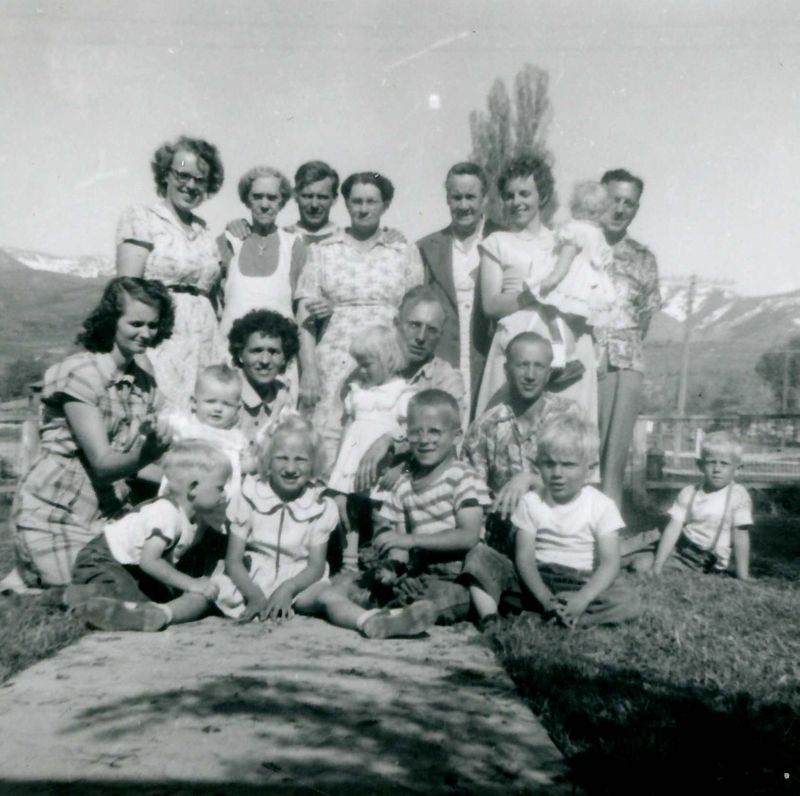
Family gatherings in our grandparents’ time were often large, multigenerational events filled with laughter and stories. Such gatherings helped reinforce familial bonds and traditions. Today, these are less frequent due to busy schedules and geographic dispersion.
Modern parents may prioritize smaller, more intimate gatherings, focusing on immediate family. This shift underscores changes in lifestyle and work commitments, reflecting a broader trend toward individualism. While the sense of community in large gatherings is cherished, modern life often necessitates a different approach to family time.
5. Home Remedies for Illnesses

Our grandparents often relied on home remedies to treat common ailments, using ingredients found in the kitchen. From honey for sore throats to herbal teas for colds, these practices were practical and cost-effective. Today, modern parents often turn to over-the-counter medications or professional medical advice for even minor issues.
The shift reflects advances in medical science and a growing trust in healthcare professionals. While some home remedies remain popular, the reliance on modern medicine highlights a significant change in how health and wellness are approached in parenting.
6. Strict Bedtimes
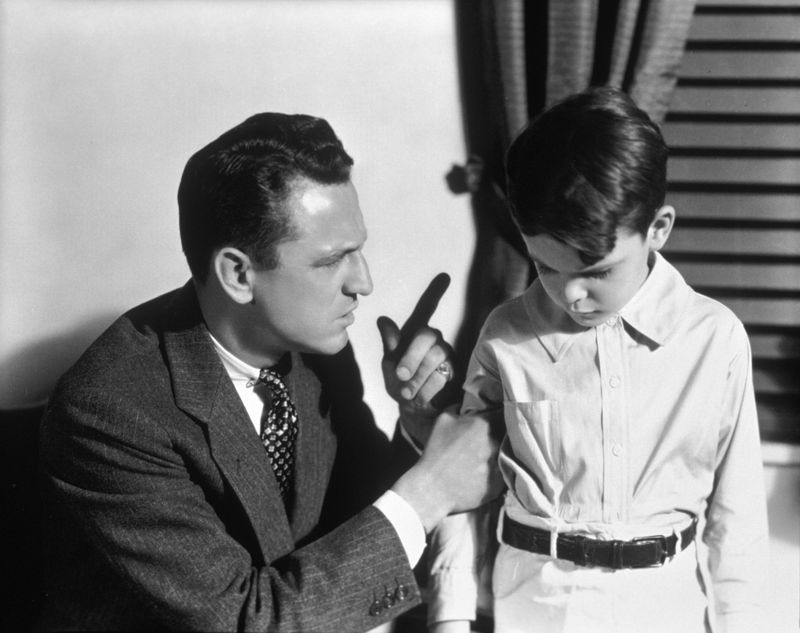
Strict bedtimes were a hallmark of our grandparents’ parenting style, ensuring children received enough rest for growth and learning. This routine instilled discipline and predictability. Modern parents, however, may adopt flexible bedtimes, adapting to children’s needs and schedules.
The shift reflects an understanding of individuality and the importance of listening to a child’s unique rhythm. While the value of sleep is still recognized, the approach to bedtime has evolved, mirroring a broader acceptance of flexibility in parenting practices.
7. Encouraging Outdoor Chores
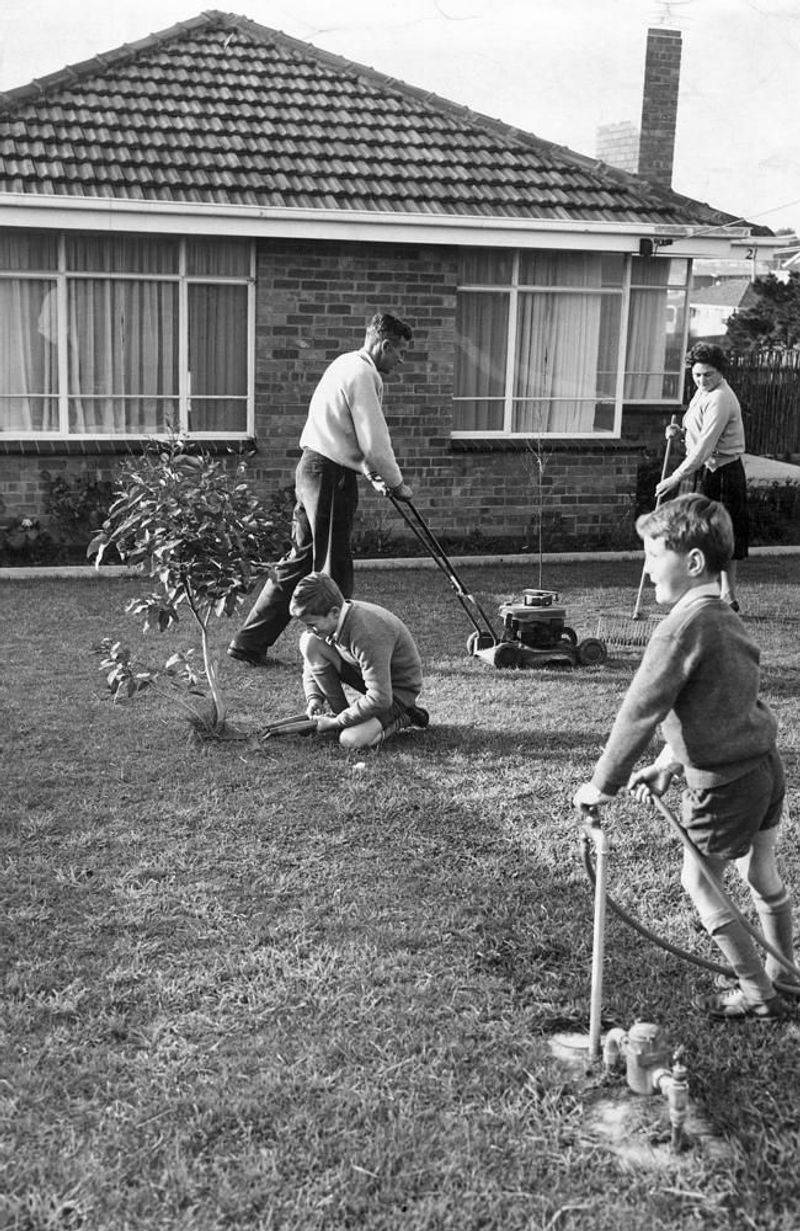
Outdoor chores were often a part of daily life for children in past generations, teaching responsibility and work ethic. Tasks like gardening or tending to animals were common. Modern parenting sometimes opts for less physically demanding chores, emphasizing academic and extracurricular activities instead.
This change reflects a shift in societal values and the roles children play within the family. While outdoor chores are still valued for character building, the focus on academic success often takes precedence, illustrating how priorities have shifted over time.
8. Cooking from Scratch
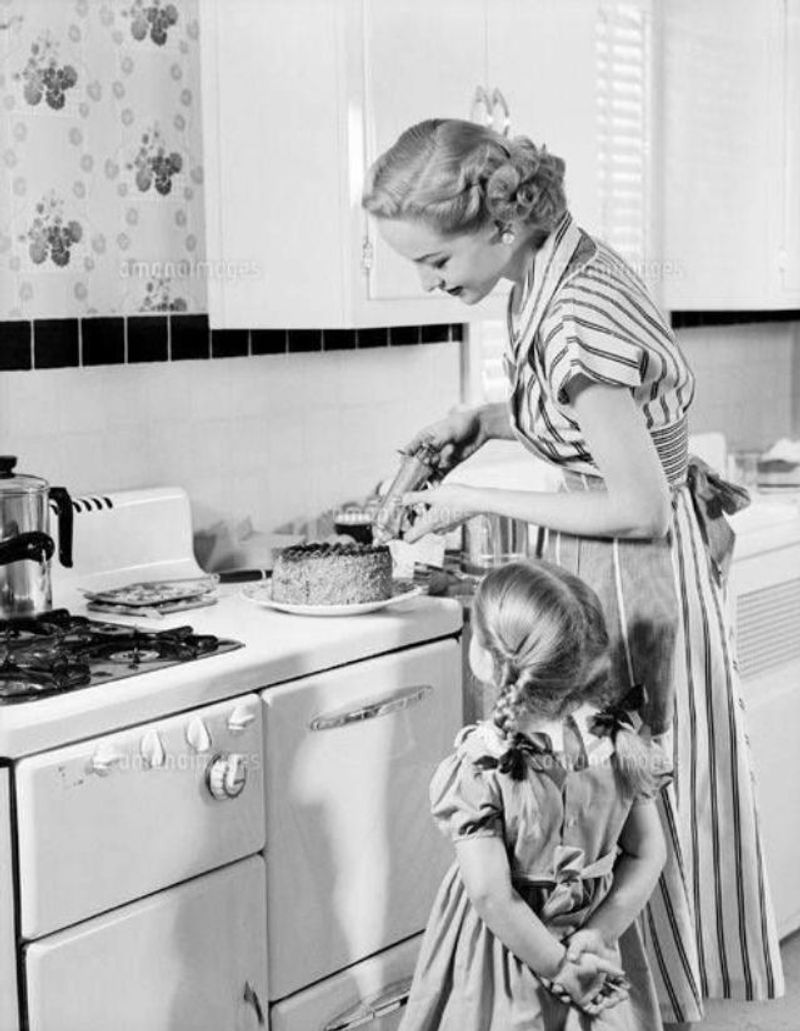
Cooking from scratch was a daily ritual for our grandparents, involving detailed meal preparation with fresh ingredients. It was a family activity that taught culinary skills and the joy of homemade food. Today, convenience often dictates meal choices, with ready-made and takeout options prevalent.
This shift is driven by busy lifestyles and the accessibility of prepared foods. While cooking from scratch is celebrated for its authenticity and health benefits, modern time constraints have altered this tradition, reflecting broader changes in household dynamics.
9. Emphasis on Politeness
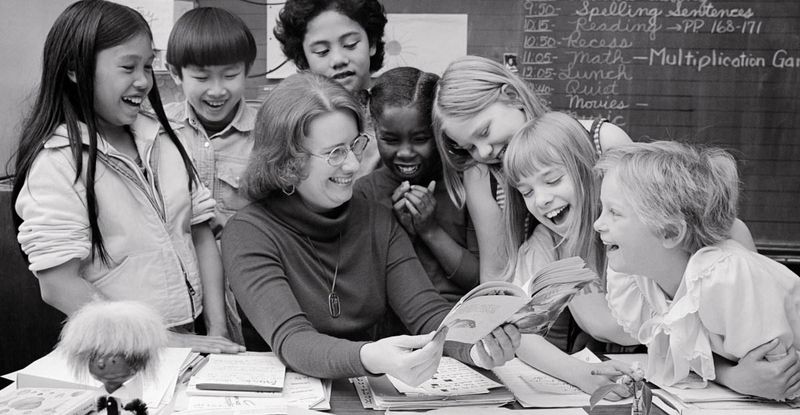
Politeness was emphasized in our grandparents’ era, with children taught to respect elders and use courteous language. Such manners were seen as essential social skills. In contrast, modern parenting may focus more on emotional expression and individualism, sometimes at the expense of traditional etiquette.
This shift reflects broader societal changes in communication and the value placed on authenticity over formality. While politeness remains important, the way it is taught and prioritized has evolved, highlighting changes in cultural norms.
10. Walking to School Alone
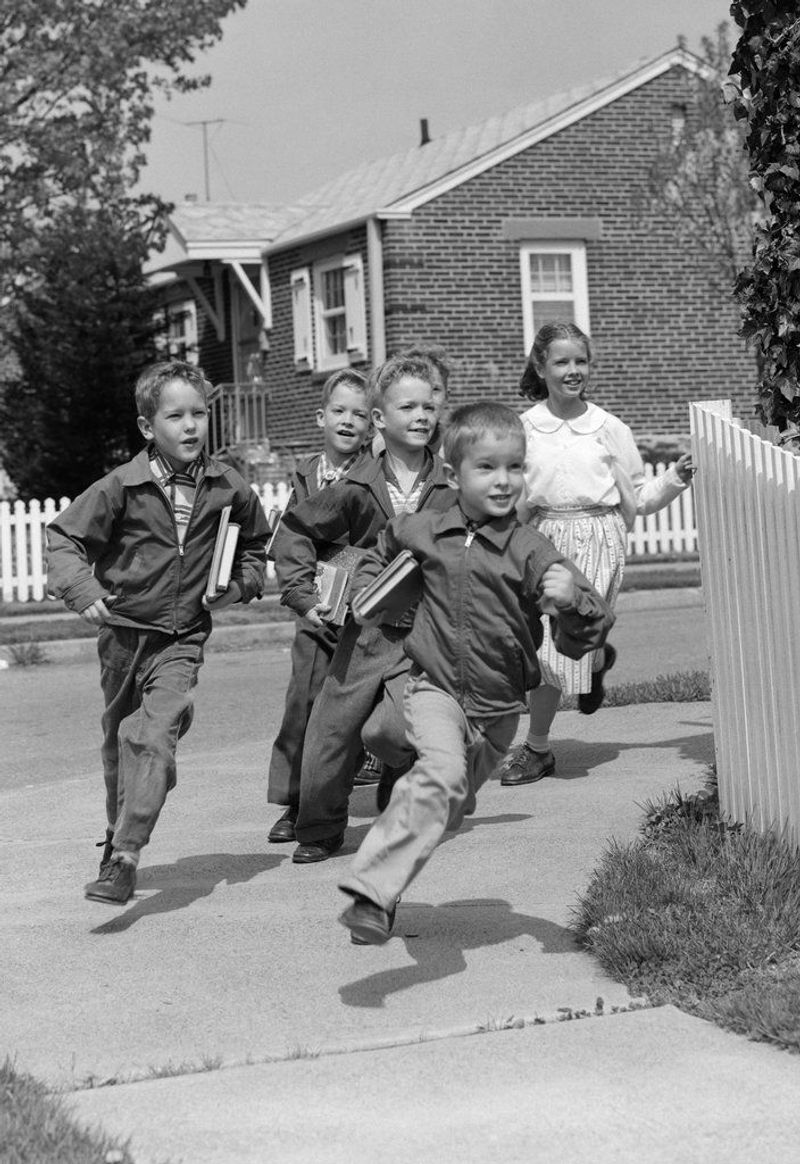
Walking to school alone was a common practice in the past, promoting independence and self-reliance. Children navigated their routes, learning responsibility along the way. Today, many parents escort their children or utilize school transportation, influenced by safety concerns and busy schedules.
This change highlights a shift in societal attitudes towards child safety. While independence is still valued, the methods of fostering it have adapted, reflecting modern concerns about security and the changing dynamics of urban living.
11. Simple Toy Selection
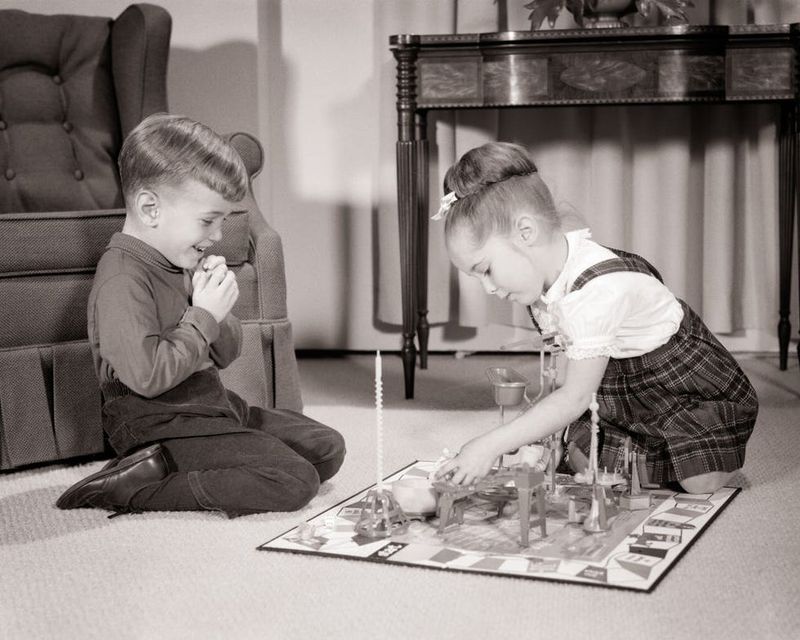
Toys were simpler in our grandparents’ era, often homemade or limited in variety, encouraging creativity and imagination. Children would invent games and stories with what they had. Today’s toys are more complex, often electronic, and focused on specific learning outcomes.
This evolution mirrors technological advancements and a greater emphasis on educational development. While simplicity in toys is appreciated for nurturing imagination, modern toys reflect a desire to integrate learning with play, showcasing a shift in educational philosophies.
12. Limited Screen Time
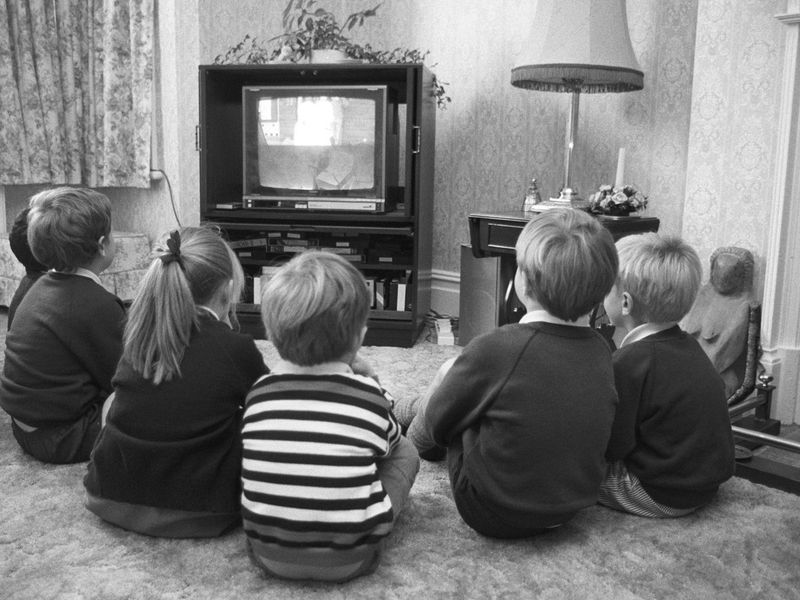
Screen time was naturally limited in our grandparents’ day, with television being the primary, often communal, source of entertainment. This fostered family interaction and shared experiences. Today, screens are ubiquitous, with children having access to multiple devices. Modern concerns revolve around screen addiction and its impact on development.
The shift highlights a dramatic change in lifestyle and entertainment consumption. While the importance of family time remains, managing screen time has become a central aspect of contemporary parenting, illustrating how digital technology has transformed family dynamics.
13. Teaching Practical Skills
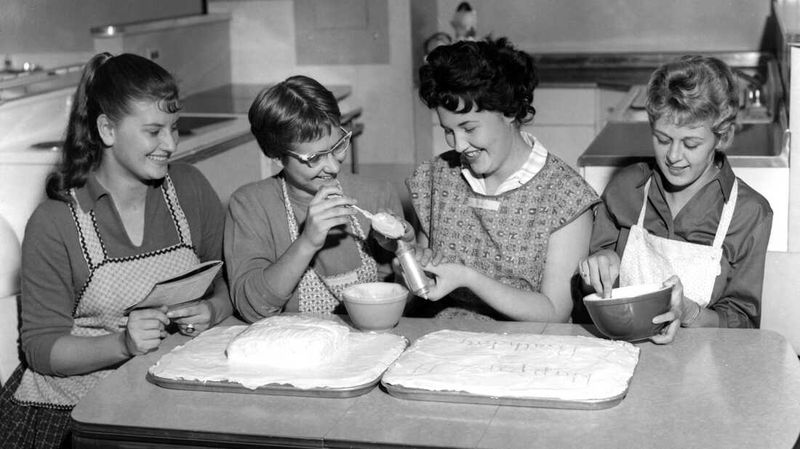
Practical skills like sewing, woodworking, or canning were taught by grandparents, equipping children with valuable life skills. These activities fostered self-sufficiency and creativity. Modern education and parenting often prioritize academic achievements over practical skills, influenced by changing economic demands and educational standards.
This shift highlights a broader societal focus on formal education and professional success. While practical skills are still appreciated, their role in childhood development has diminished, reflecting changes in what is valued in a child’s upbringing.
14. Celebrating Simple Holidays
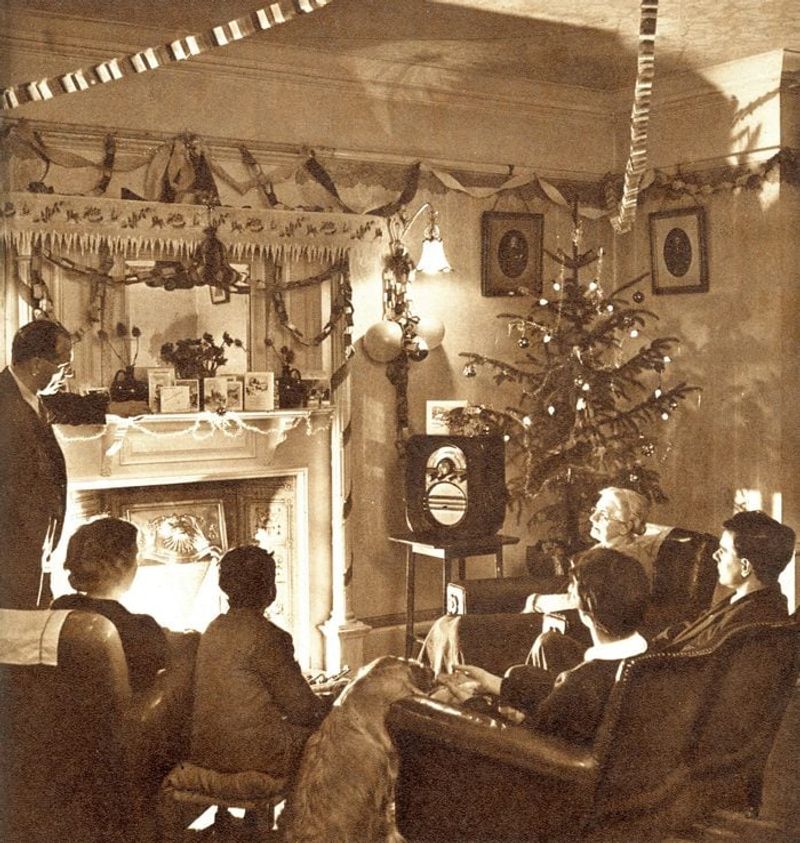
Holidays in our grandparents’ time were celebrated with simple traditions, focusing on family togetherness rather than extravagant gifts or elaborate events. This simplicity fostered genuine connections and cherished memories.
Today, holidays can be commercialized, with a focus on gifts and elaborate preparations. This transformation mirrors broader cultural shifts towards consumerism and a desire for perfection. While the essence of togetherness remains, the approach to holiday celebrations has evolved, reflecting changes in societal values and expectations.

Comments
Loading…